In the Spotlight
Five current students at various stages of the program demonstrate their broad range of interests and ambitions
Tristan Krause
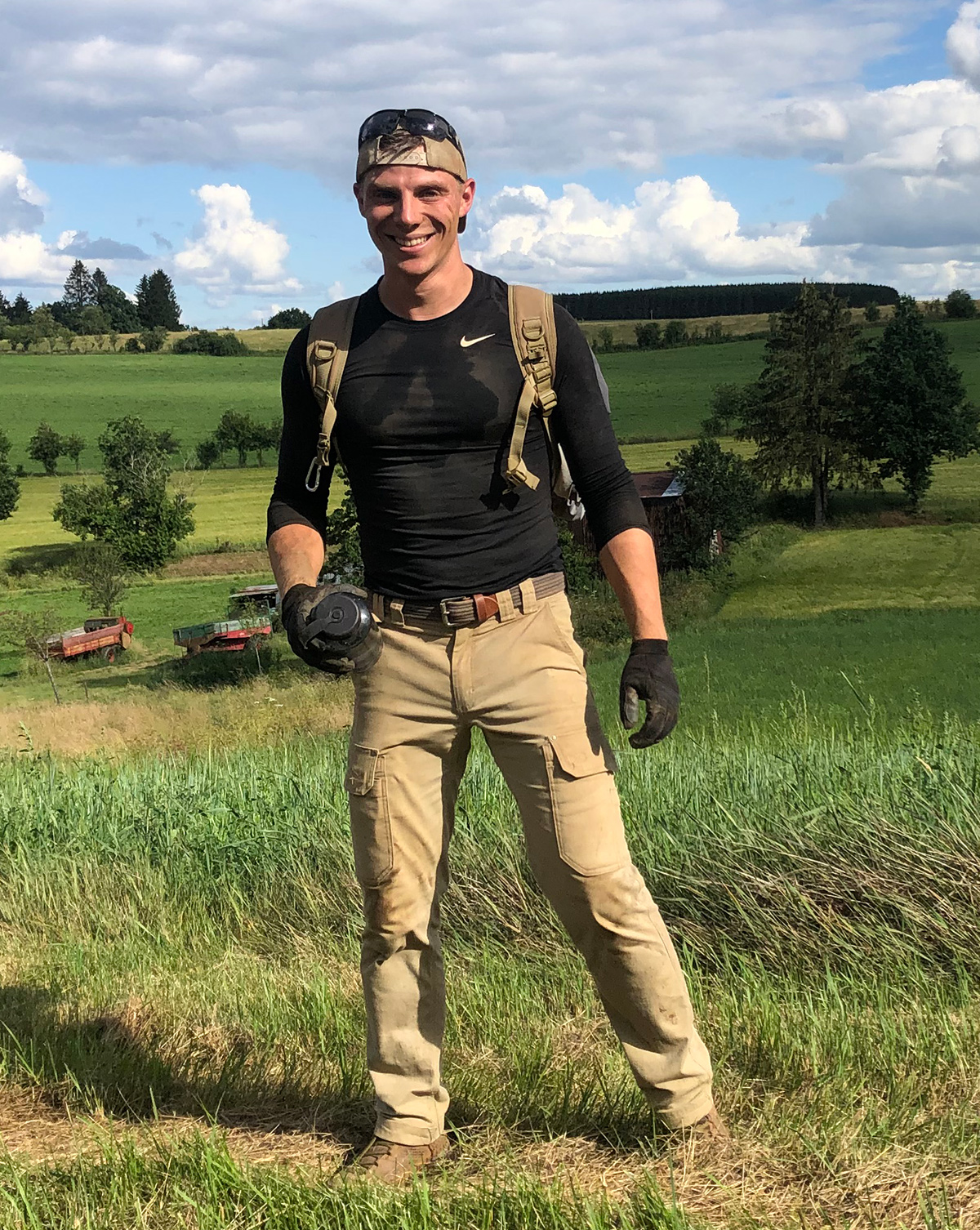
In the summer of 2018, I was standing on the lip of an impact crater in a French forest holding a bullet. That bullet was the first sign that our archaeology excavation was in the right spot. We were searching for the remains of an American fighter pilot listed as missing in action (MIA) since World War II—the crater I was standing on was the pilot’s grave. After a month of hard work, we uncovered a crashed U.S. fighter plane and the pilots remains, which were later positively identified. After an experience like that, I could not help but ask why the United States continues to recover, identify, and repatriate MIA service members, and how this process played out in the past. My research at Texas A&M University focuses on American MIA recovery operations in Europe following World War II—a fascinating history that intersects with the history of displaced persons and refugees, Cold War tensions, and the Allied encounter with the full extent of Nazi crimes and the Holocaust. However, my interest in field work has not abated and I hope to work for the U.S. Department of Defense POW/MIA Accounting Agency (DPAA) upon graduation. To this end, I continue to work with DPAA partner programs, such as the University of Wisconsin MIA Recovery and Identification Project and the Cranfield Recovery and Identification of Conflict Casualties team, on dig sites in France, Belgium, Germany, and Italy.
Gabby Lyle
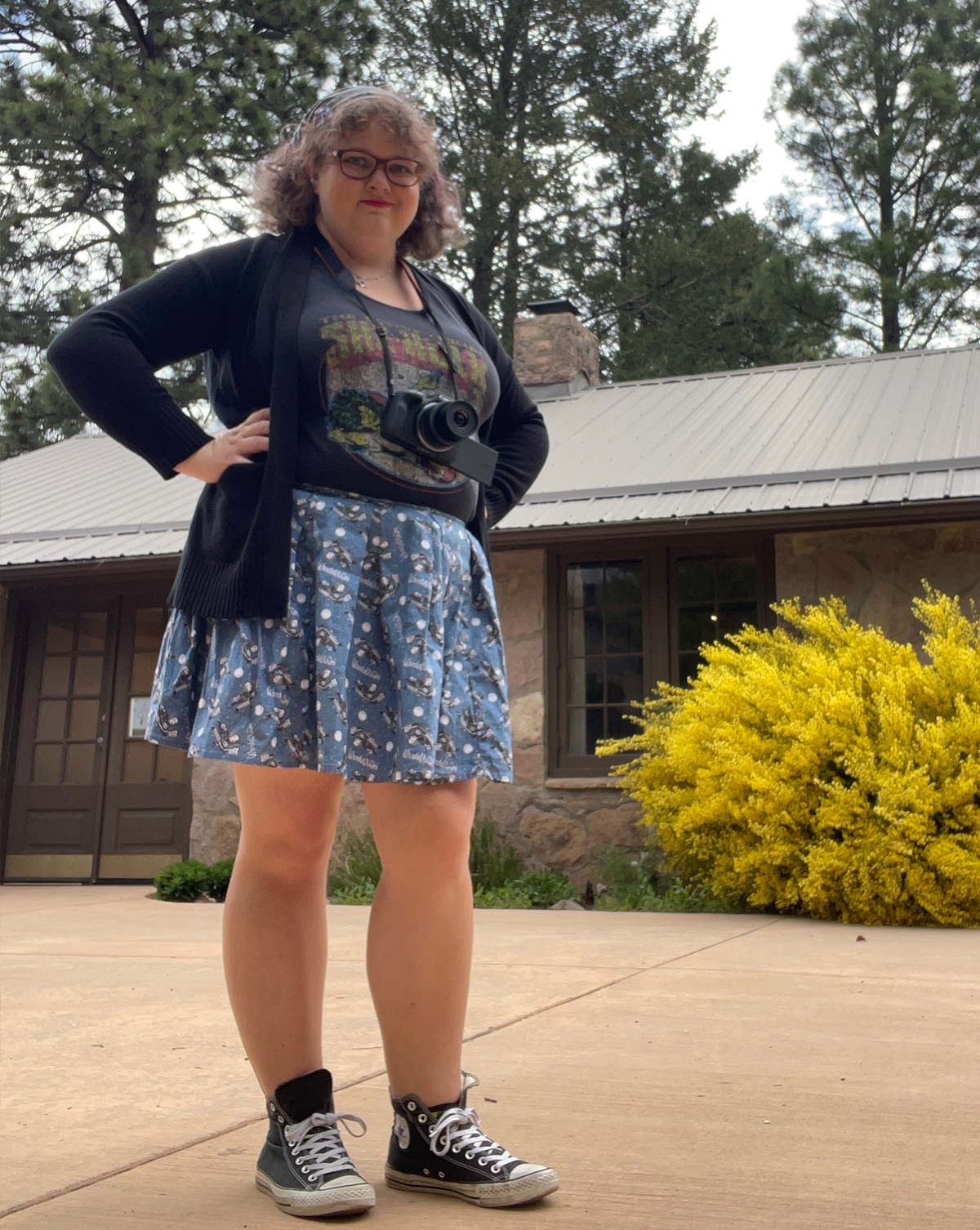
My dissertation, “B’nai Borderlands” examines the development of Jewish communities in the U.S.-Mexico borderlands in the twentieth century. Jewish communities in lower Jewish populated areas frequently are thought of as existing in isolation from the larger Jewish world. On the contrary, my work argues that borderland Jewish communities experienced many of the same social and political trends found in wider Jewish community. Furthermore, borderland Jews participated in the same conversations happening on the national and international levels in Jewry. I view my dissertation as a bridge between the Jewish and borderlands historiographies as also compliments ongoing scholarship in the latter to demonstrate that the U.S.-Mexico borderlands should not simply be viewed in an ethnic binary of Mexican and Anglo but are rather home to numerous groups. This process has taken me to the University of Texas at El Paso Special Collections, the New Mexico State Archives and Record Center, the Arizona Historical Society, and the University of Arizona Special Collections, to name a few. I will also be spending a month at the American Jewish Archives in Cincinnati, Ohio as the Joseph & Eva R. Dave Fellow. I have given presentations at the Western History Association, the European Association for Jewish Students, and the South Jewish Historical Society.
In addition to my dissertation research on borderland Jewry, I also conduct work on the history of race, gender, and religion in comic books and graphic novels. I presented a paper on Latino/a religion in comic books at the Comics and Popular Arts Conference. My main work in this field now focuses on how historical notions of race and gender are reflected in the different publication eras of the Legion of Super-Heroes, with my preliminary discussion presented at the Comic Studies Society in July 2023. I am truly delighted that I get to study two of my main passions as an academic: Jewish history and comic books.
Vicki Heath
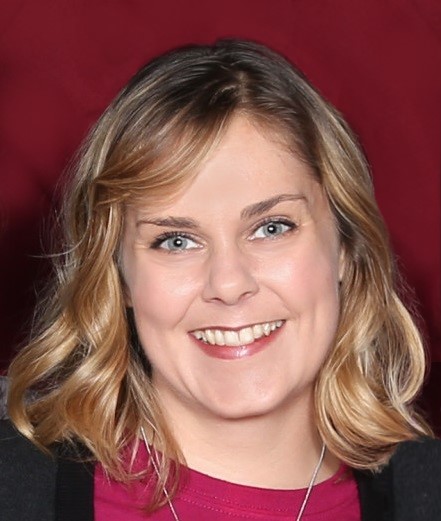
My dissertation asserts that the development and progression of the two diseases, Pica and Cachexia Africana, are intertwined with the changing ideas of the gendered body and the development of our modern ideas of race within the medical community. My research focuses on how white European male physicians constructed the two diseases for two different bodies (Pica for white European women and Cachexia Africana for black enslaved males). My dissertation explores two lines of inquiry, first, the progression of the two conditions Pica and “dirt-eating” (later known as Cachexia Africana), and second, the debate that occurred in the early nineteenth-century in which physicians argued whether Pica and Cachexia Africana should be kept as separate conditions or were, in fact, the same condition with the same causes. Through this debate, which has broader implications on modern Western ideas of race and gender, there is a solidification of the construction of gender and race within the medical community through physicians diagnosis and treatment of this disease in two separate bodies (white European women and black enslaved people).
John Lewis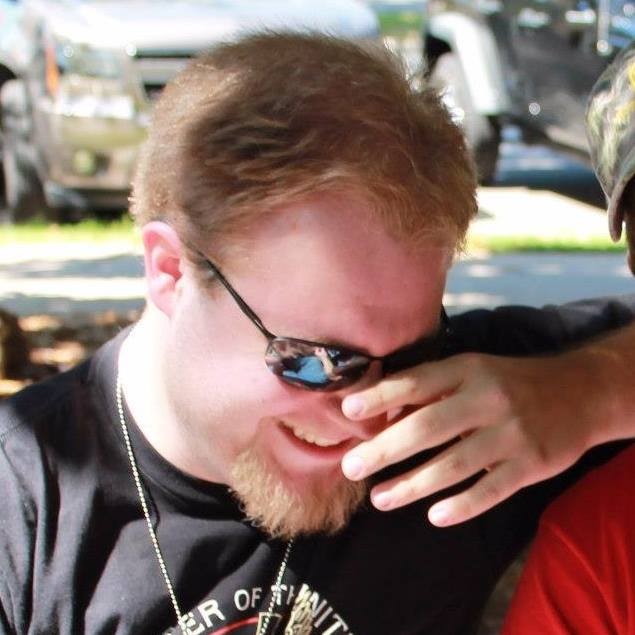
My work focuses on African American men serving as noncombatant troops in the American Expeditionary Forces during the Great War. The study of Black soldiers in this era allows me to examine the United States Army as a Jim Crow institution and to look at the lives and service of these men from a gendered perspective. I often turn to my professors here at Texas A&M and to the works of historians like Chad Williams, Le’Trice Donaldson, and Jennifer Keene for inspiration and guidance. However, my work is also fundamentally a military history following in the footsteps of Great War scholars like former Aggie Mark Ethan Grotelueschen who argued that service in World War I helped to prepare the United States for its historical role as a global military power. I build on this idea by focusing on the crucial role of noncombatant troops in war.
Ian Seavey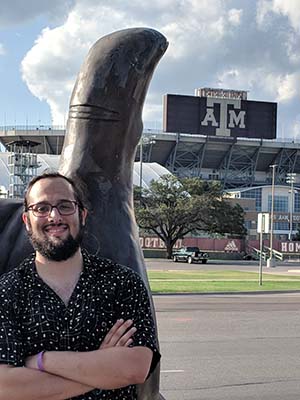
My pursuit of a PhD in history began by seeking to answer the question: in what ways did disasters shape society? Disasters constitute pivotal events in history, moments in which power is contested by individuals, communities, and the state. My dissertation examines the power dynamics of America’s imperial relationship with Puerto Rico and how disasters continually complicated it throughout the Twentieth Century. When disasters struck both the mainland United States and Puerto Rico, American attitudes, actions, policies were laid bare. The ways in which the U.S. government responded to disasters domestically and in Puerto Rico showcased how policymakers viewed the island as part of the greater United States but not civilized enough to be a full-fledged member. Thus, the U.S. government used disaster relief in Puerto Rico to continually reify its imperial role and keep the island in a dependent relationship. My work has been nurtured by many of the wonderful professors in the department. I have also benefited mightily from the supportive intellectual community fostered by my fellow graduate students.
